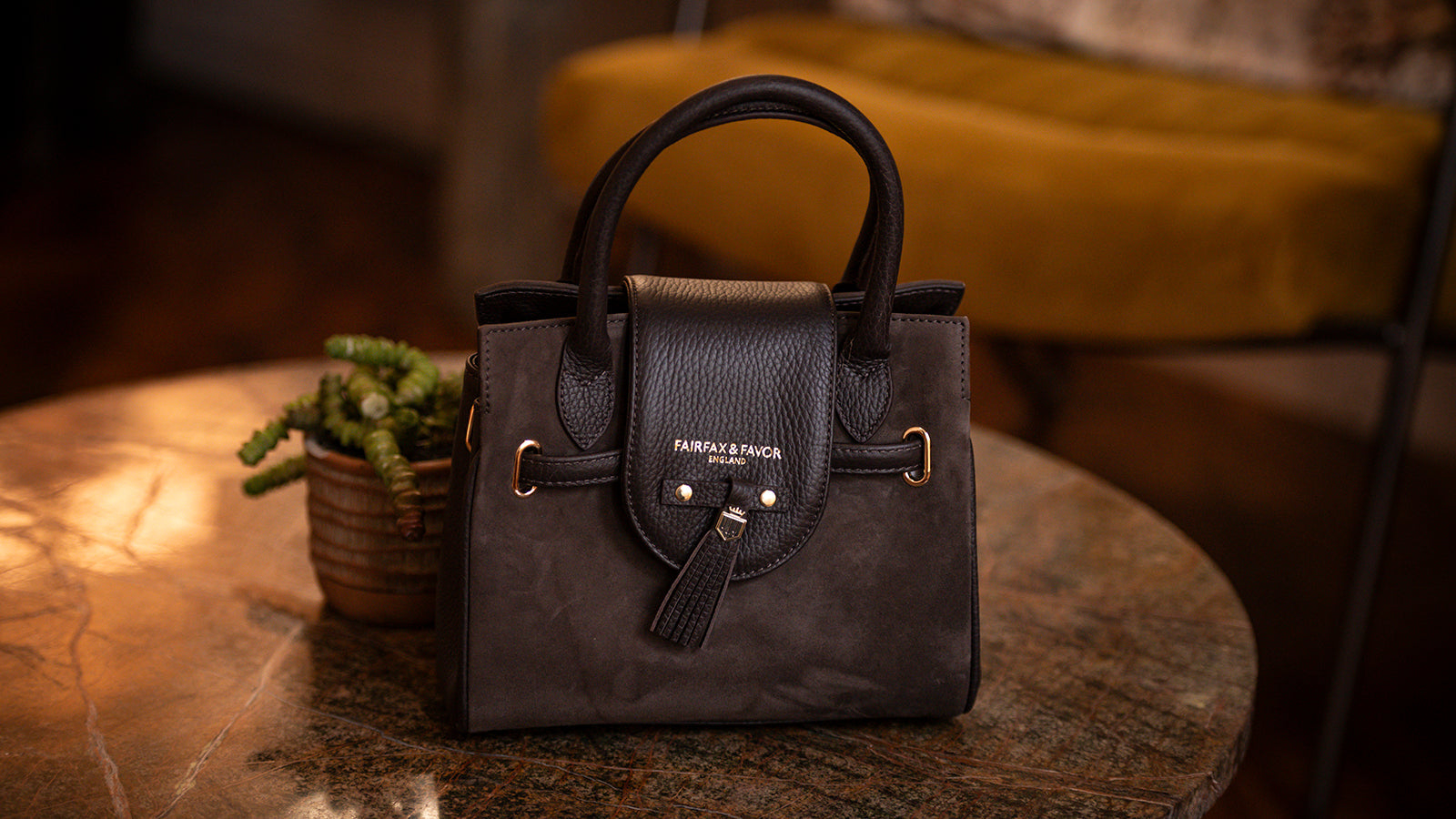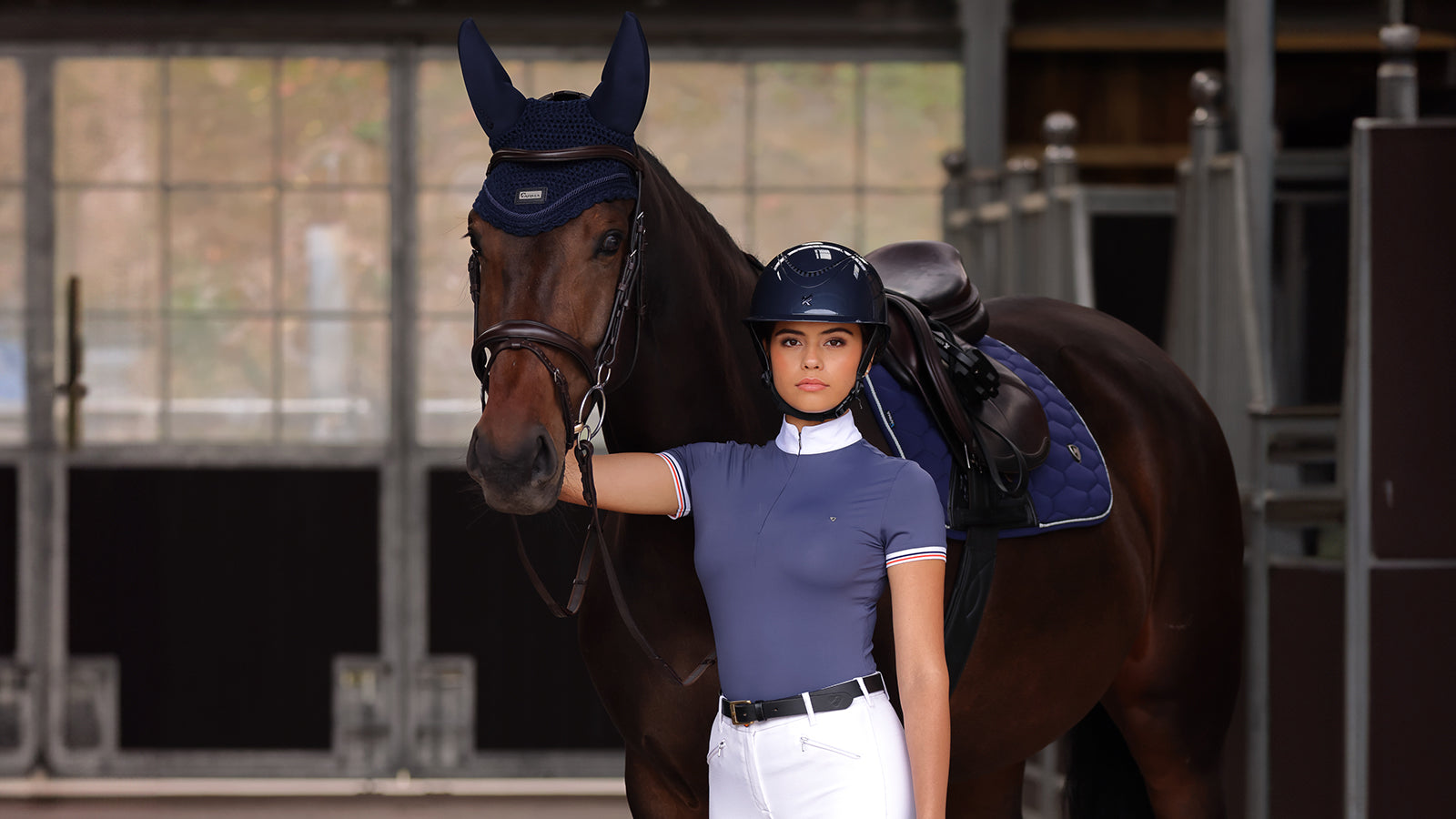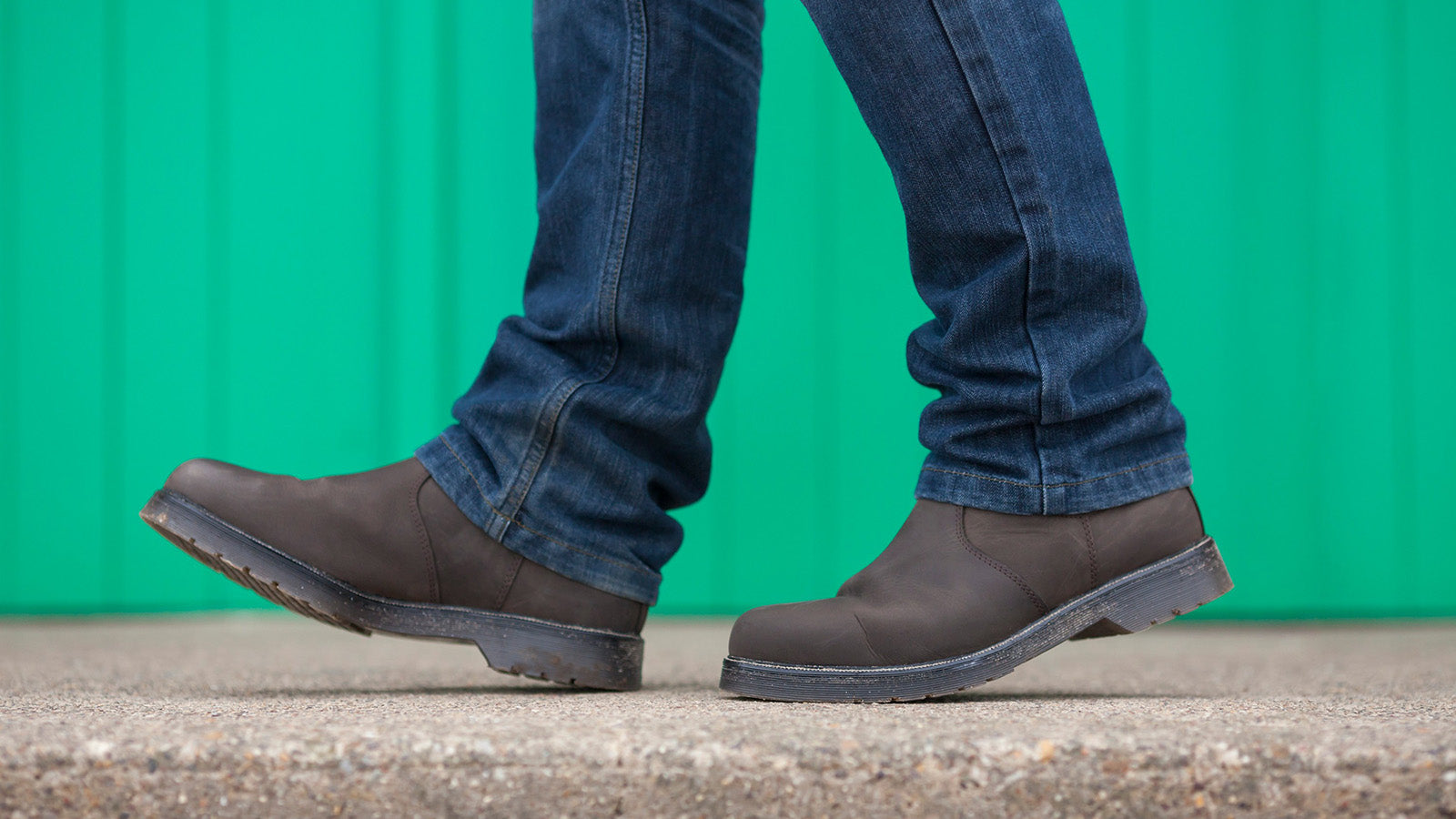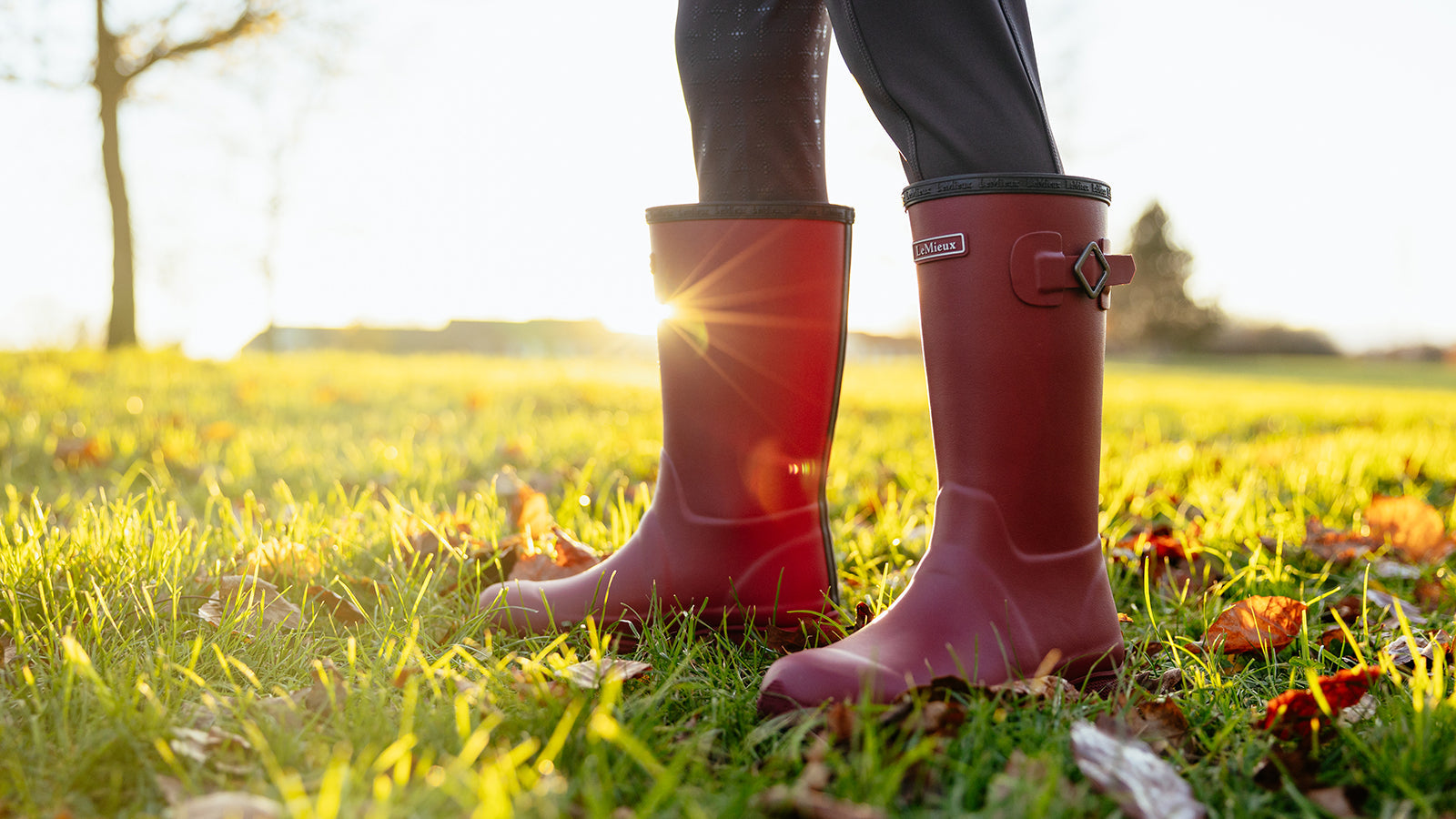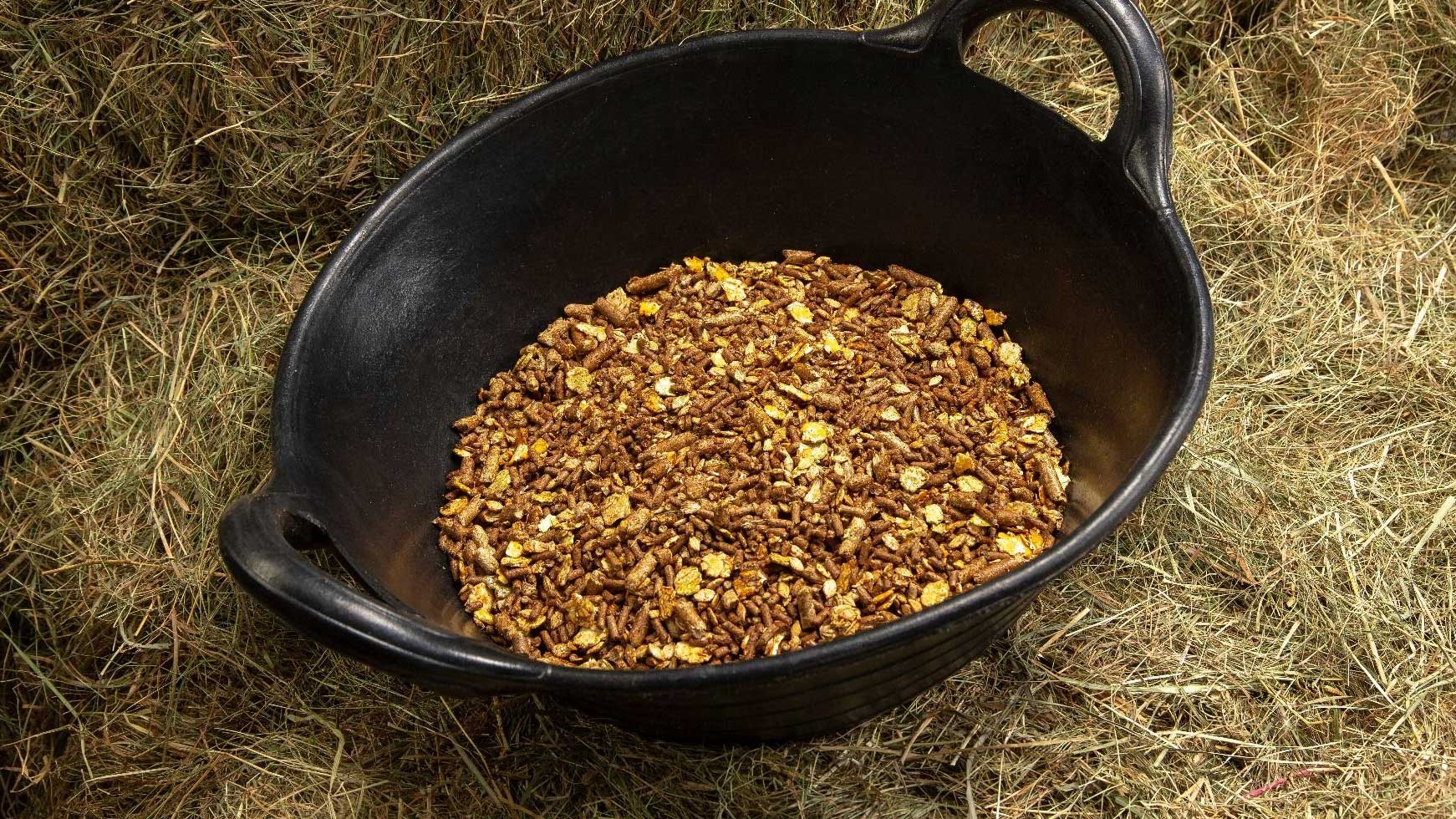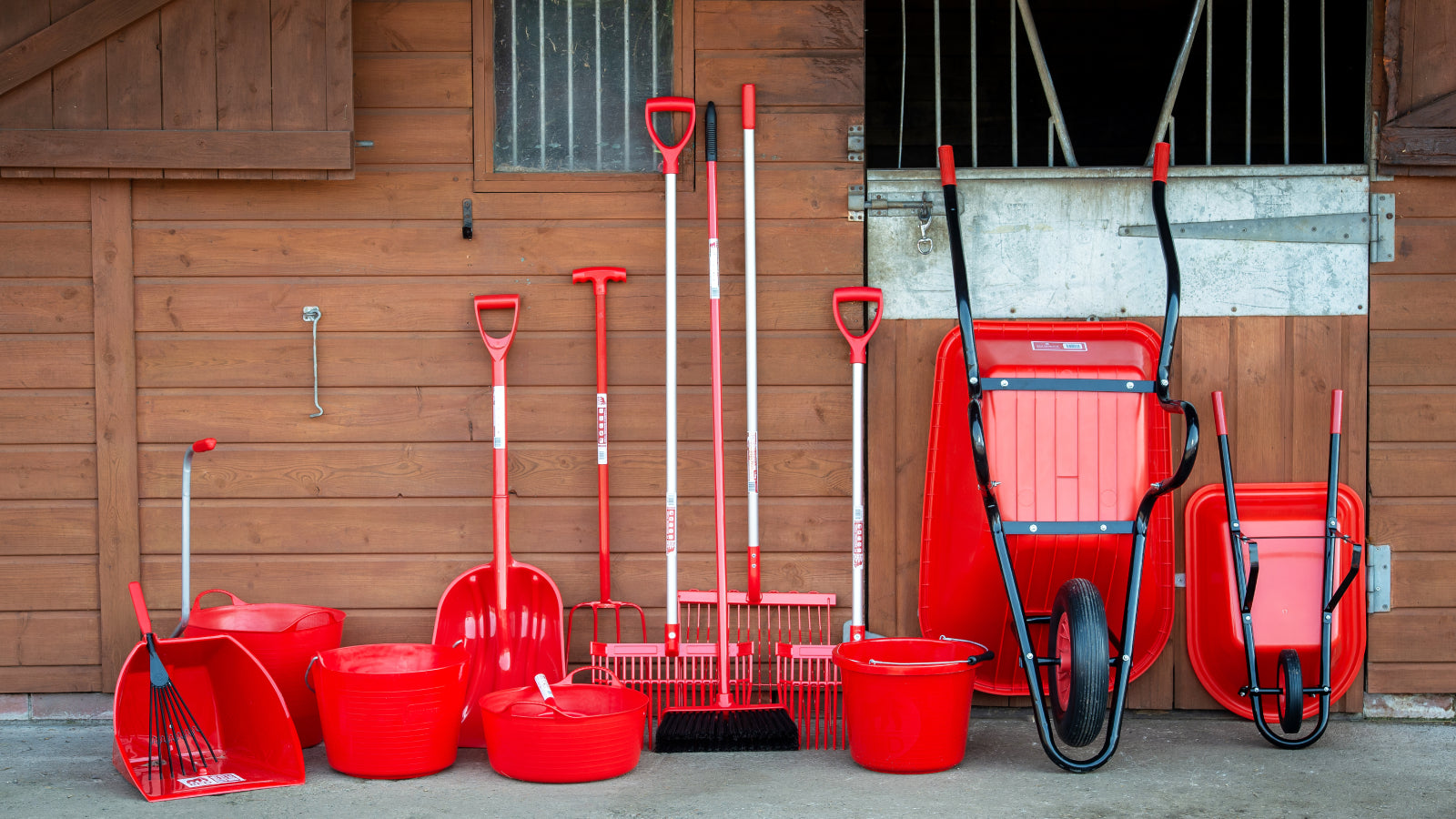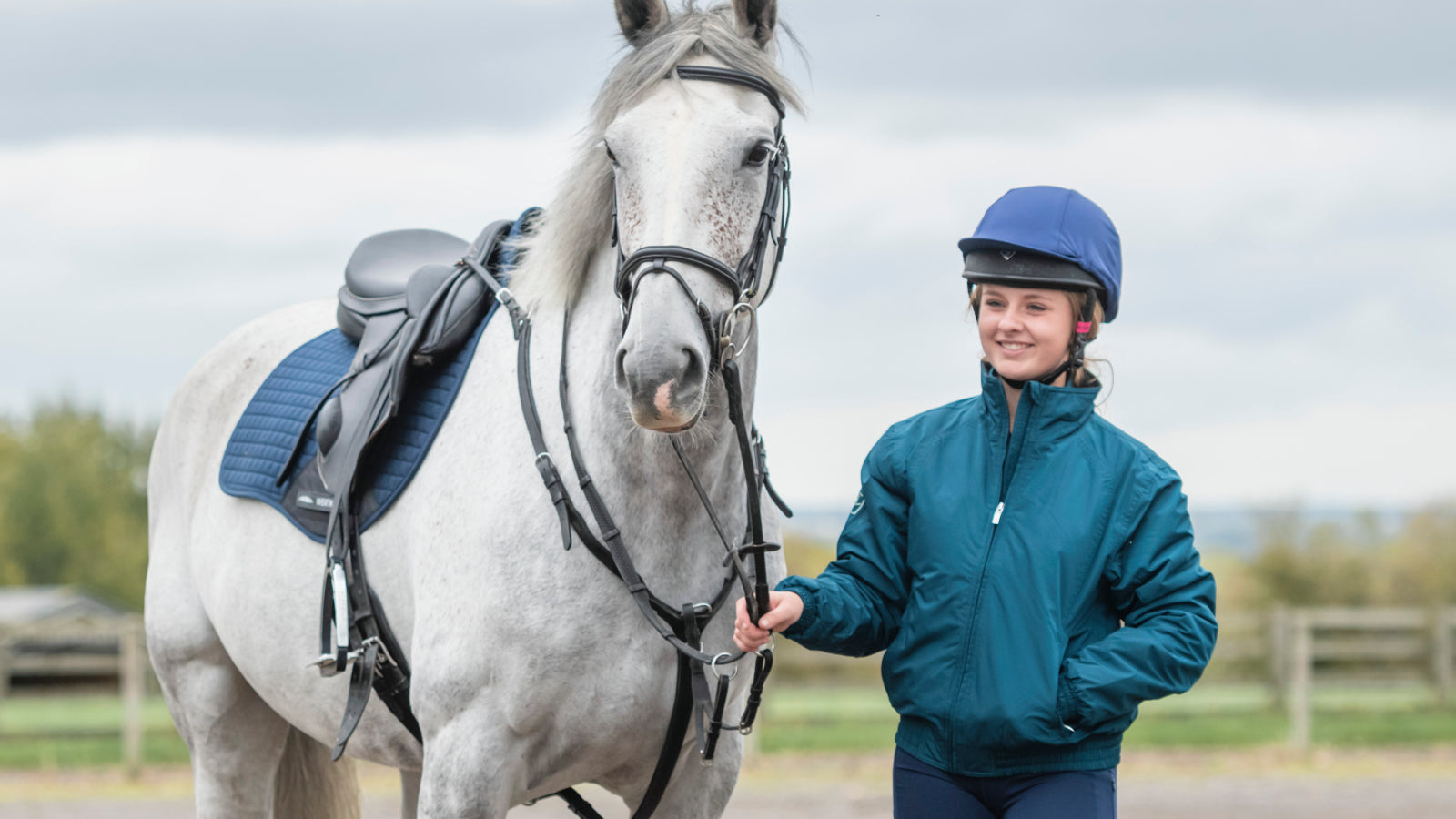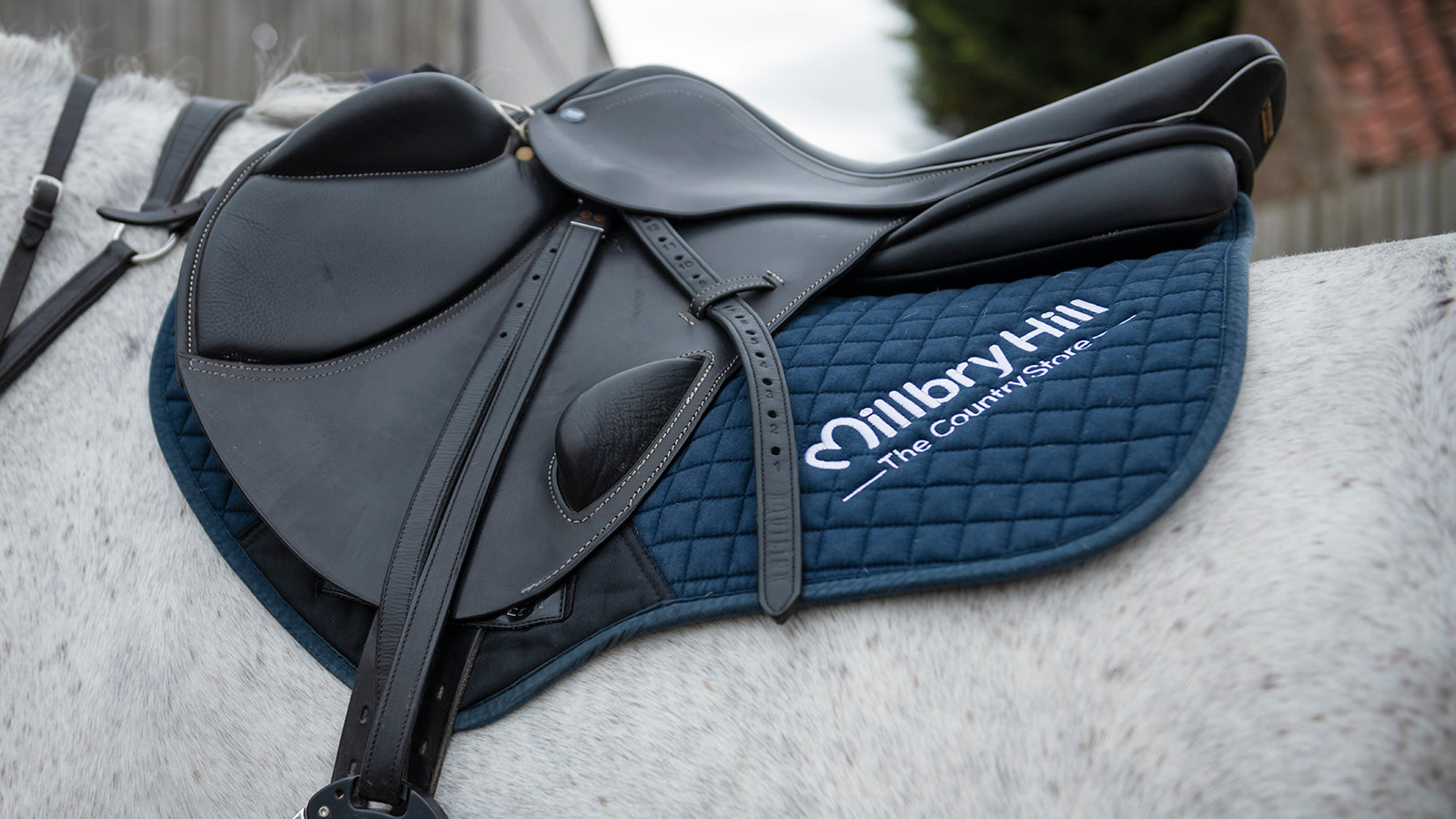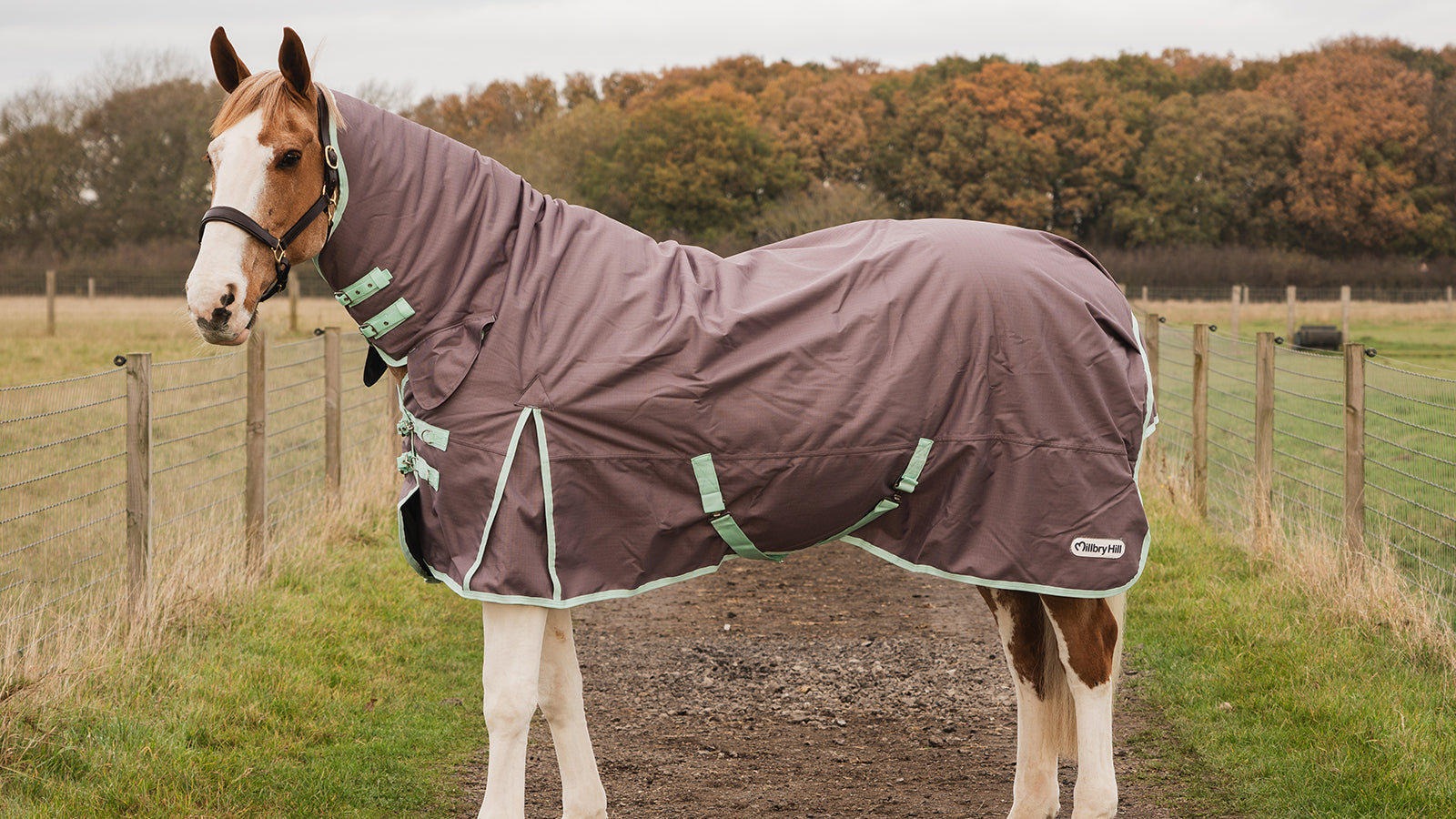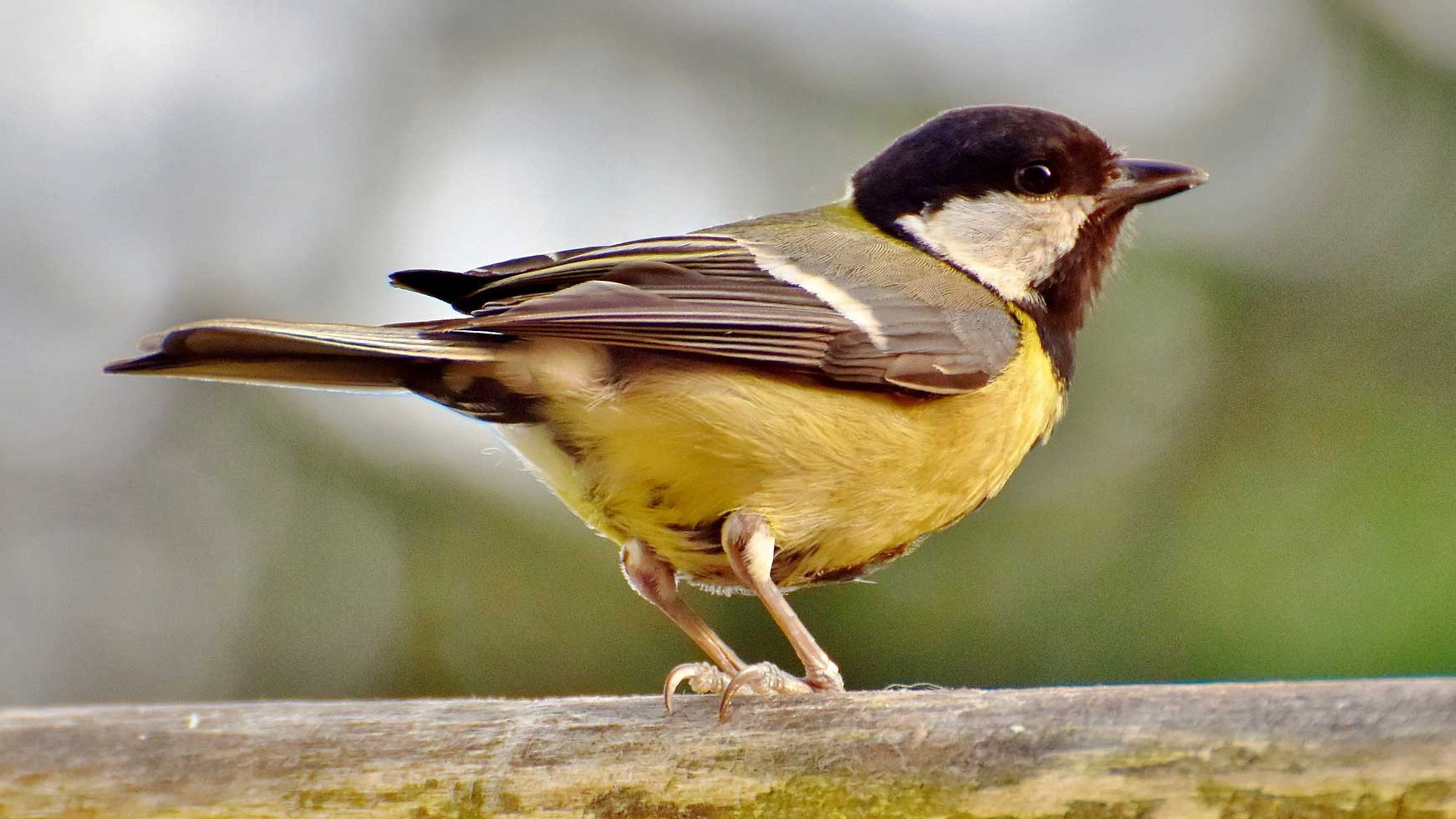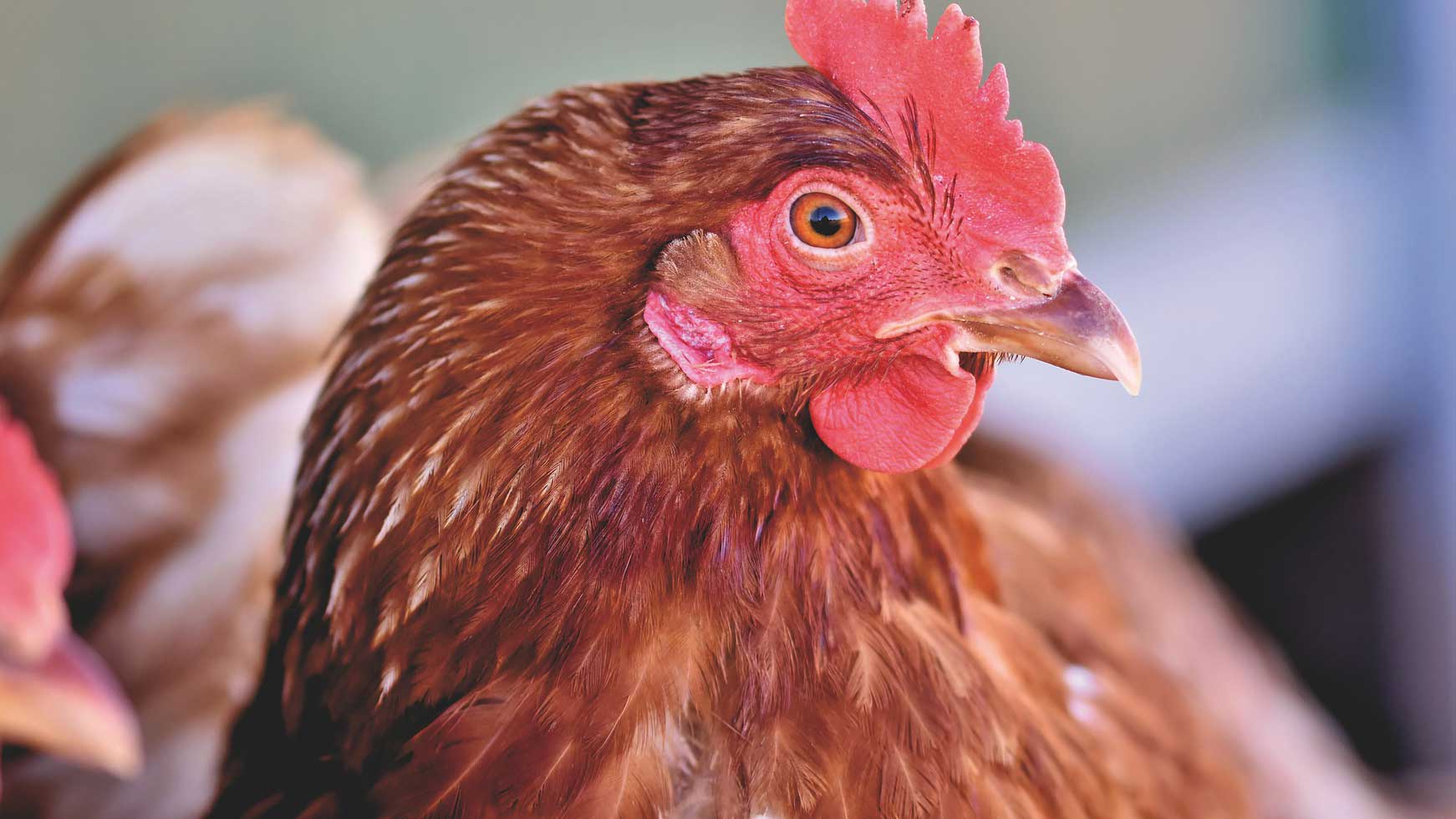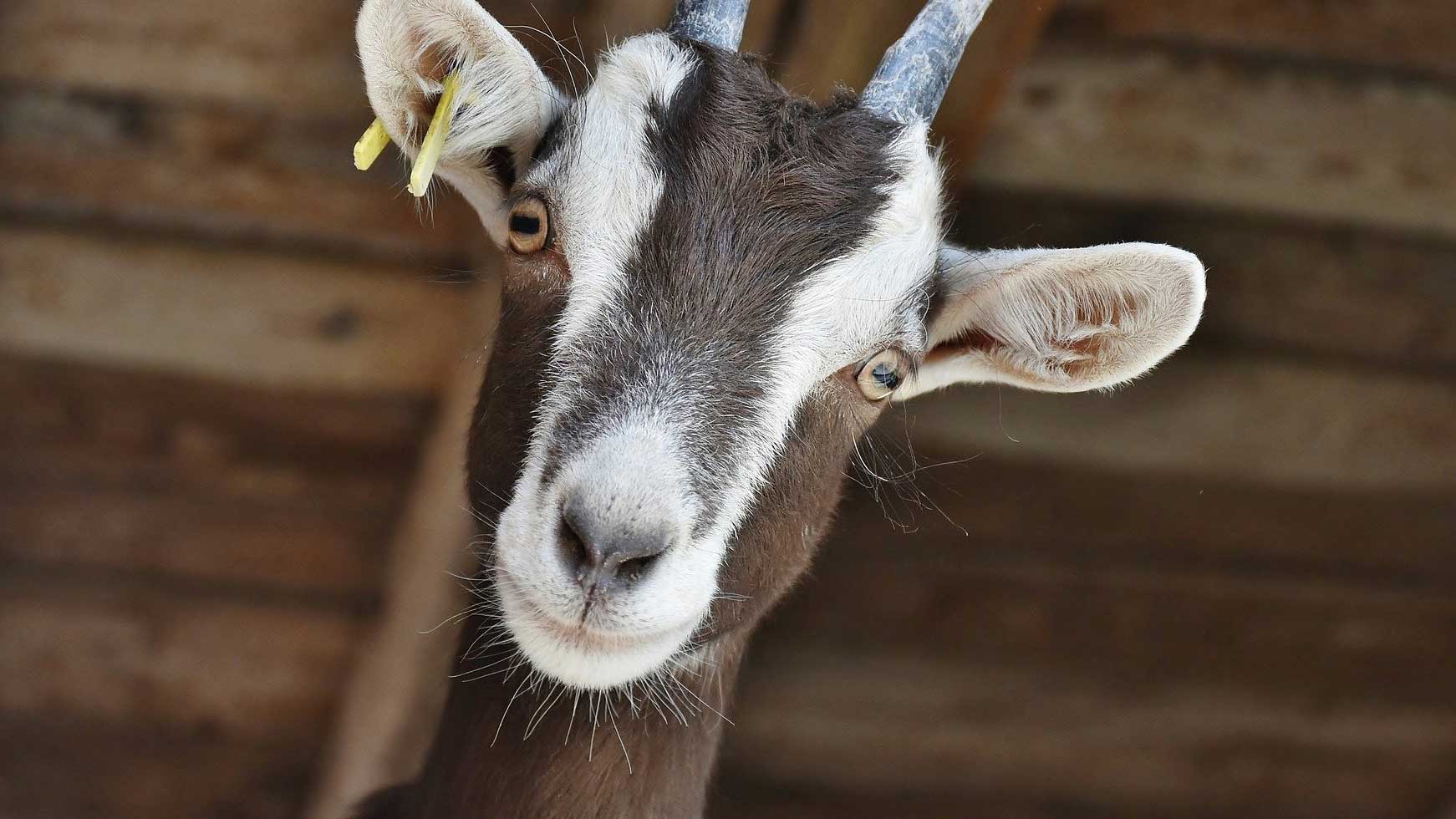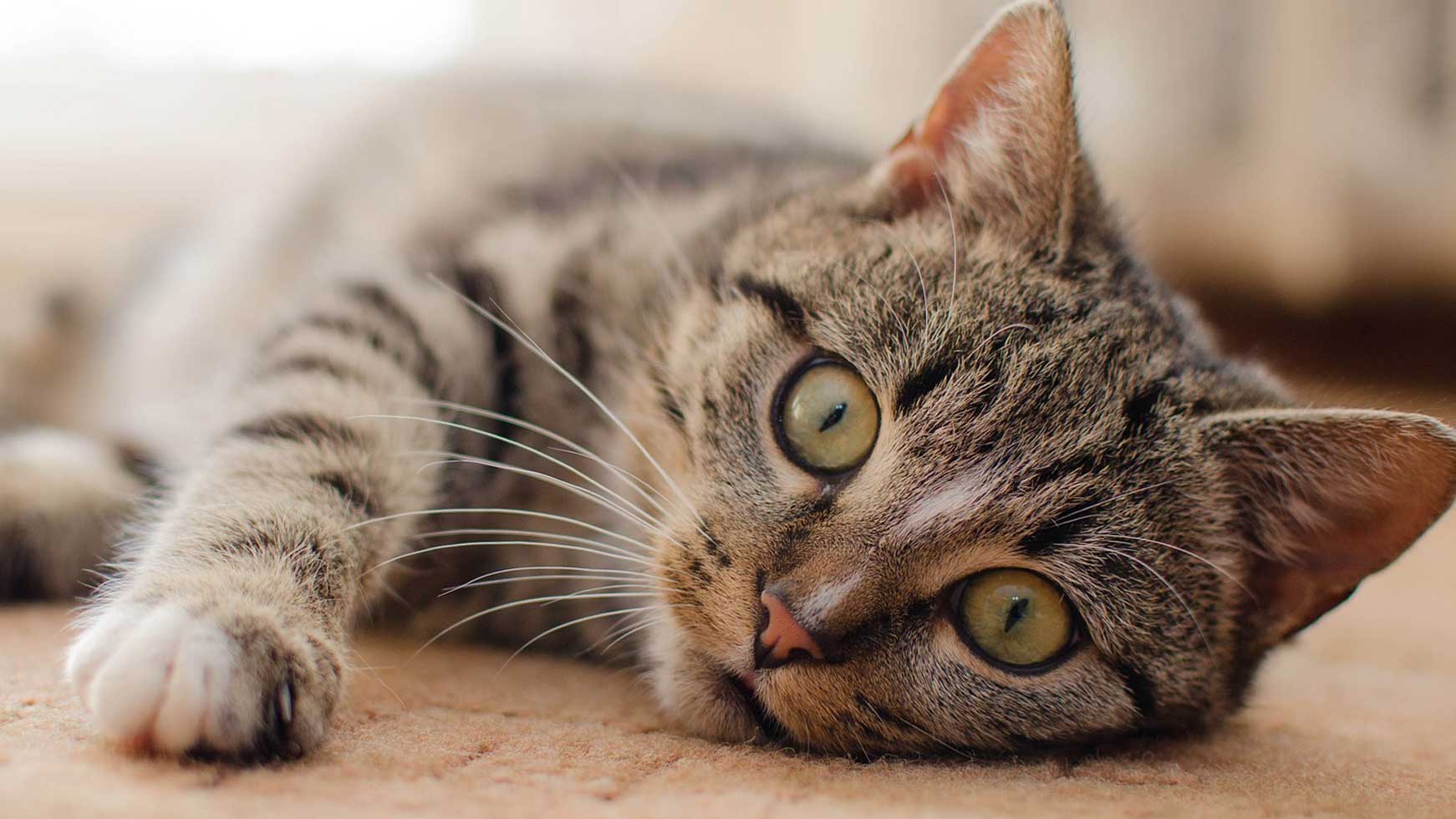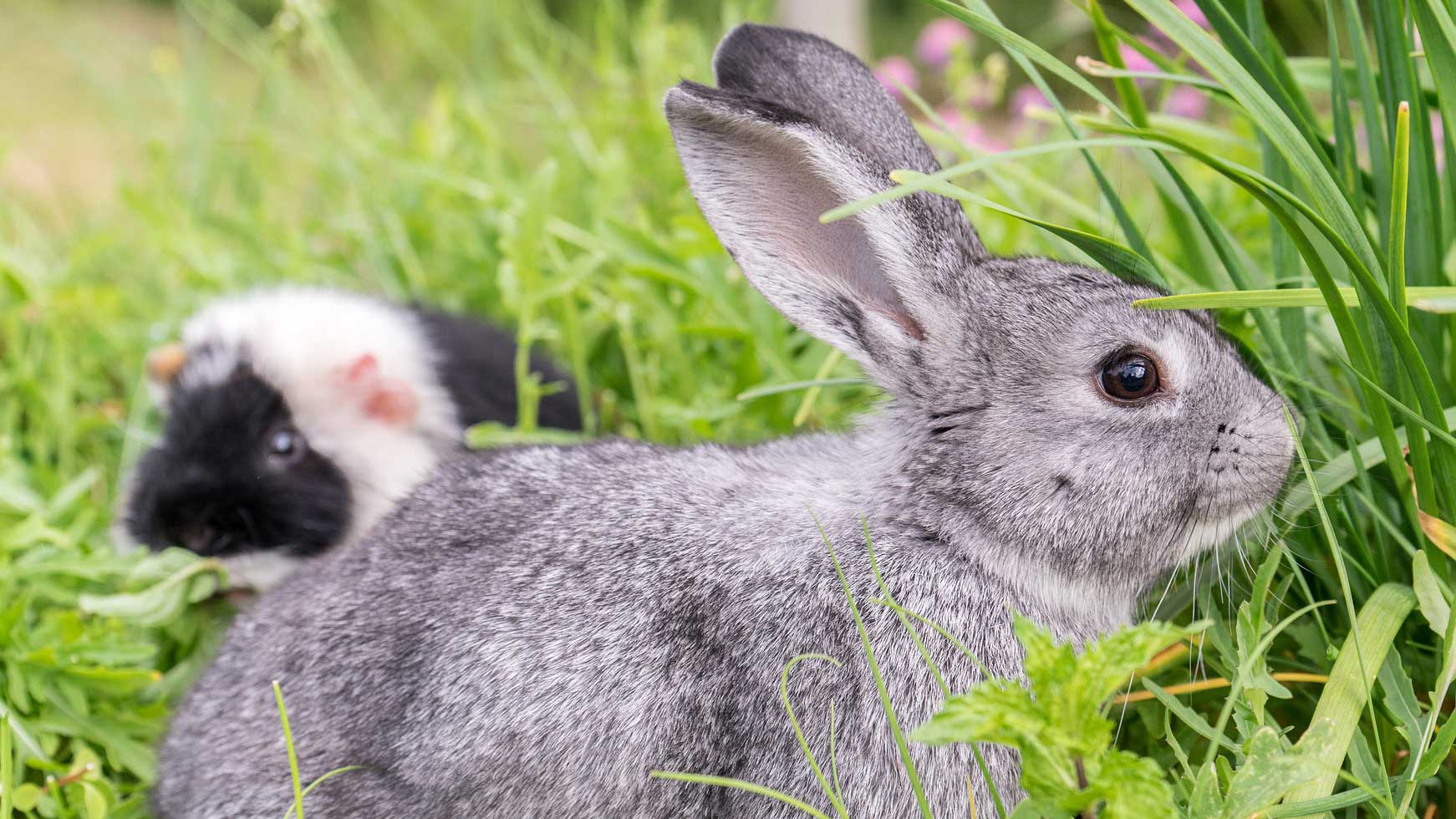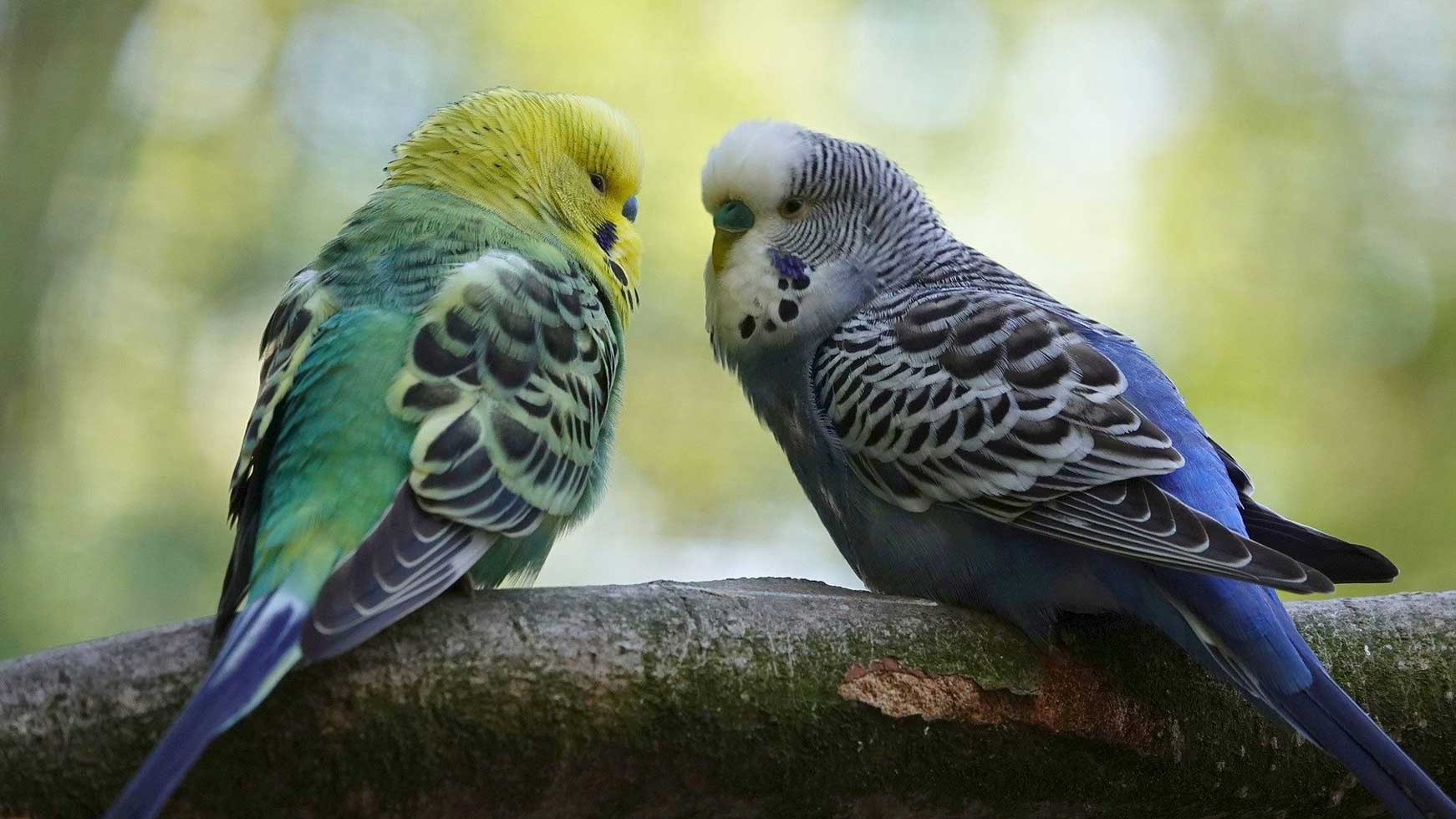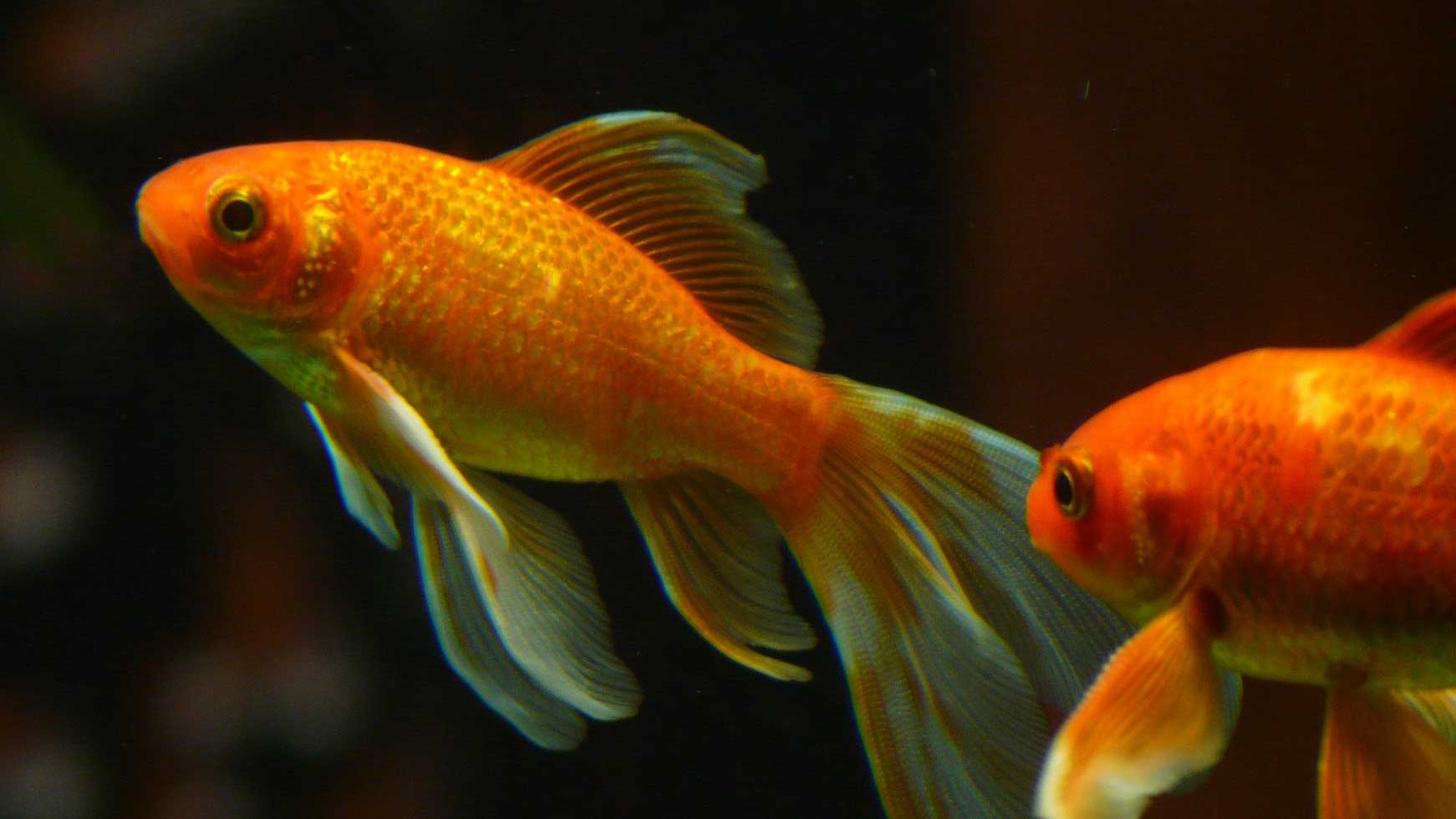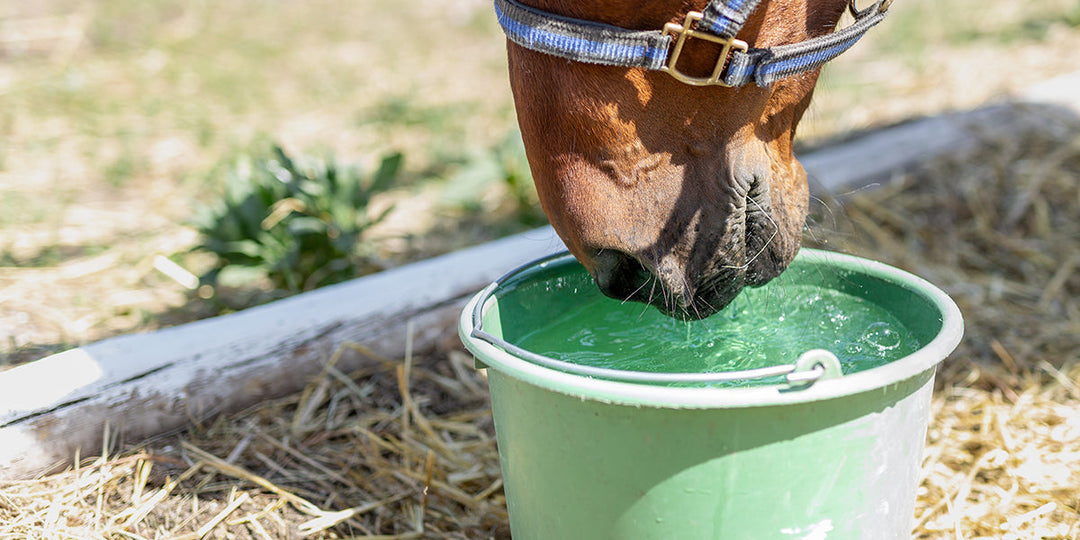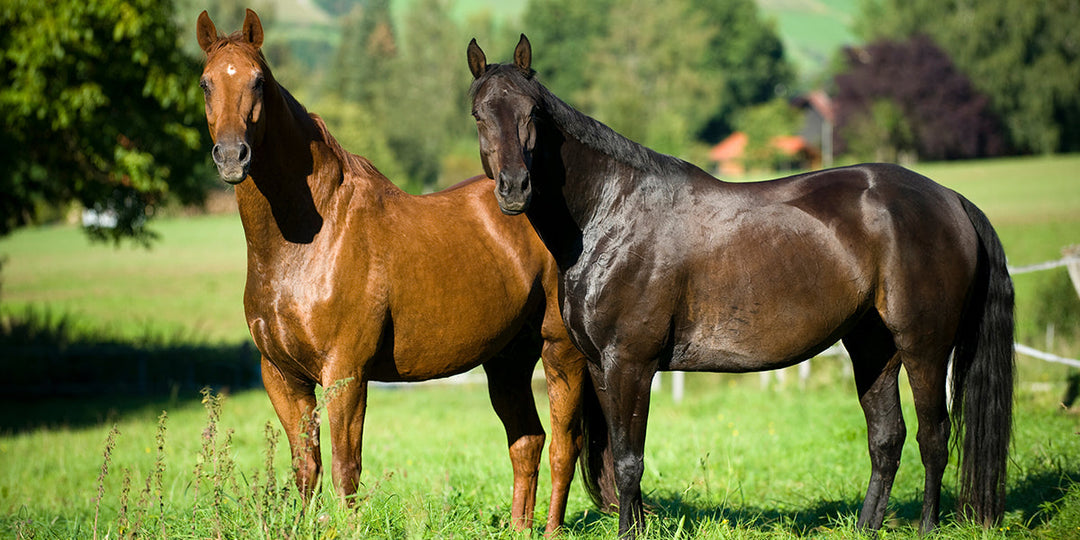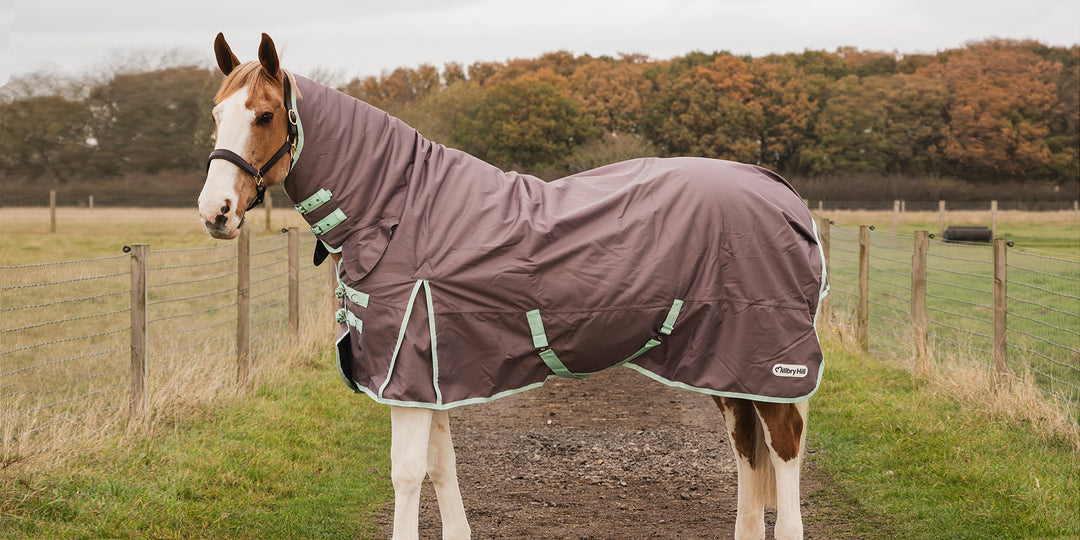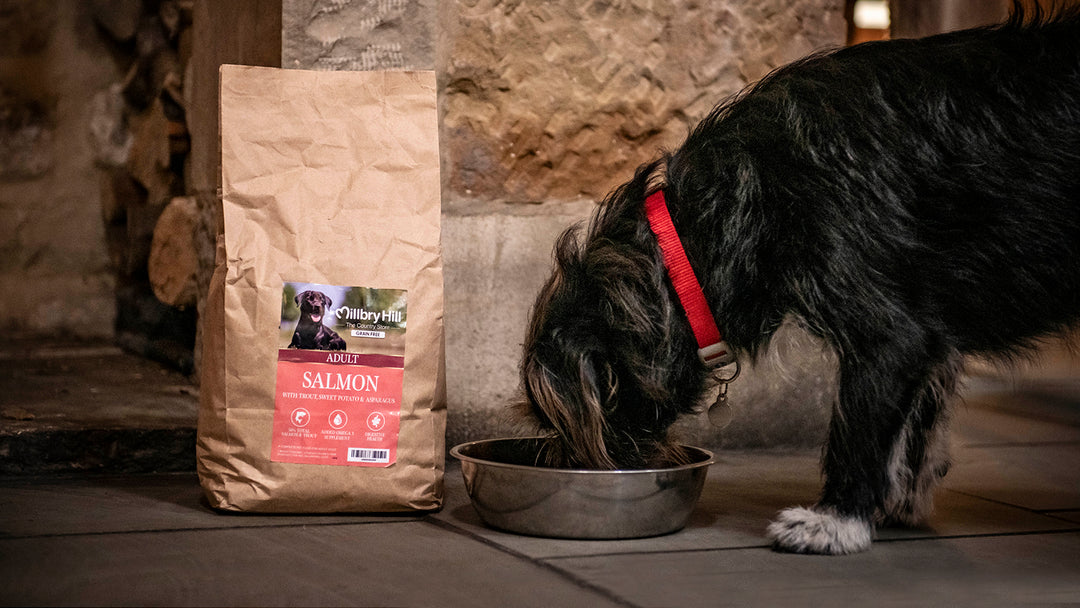Laminitis & EMS - feeding advice from Dengie
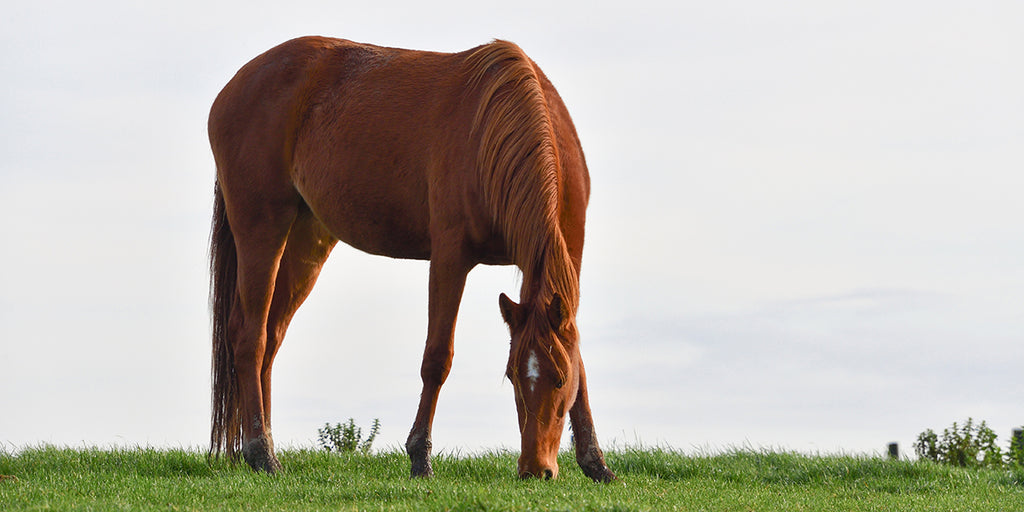
What is Equine Metabolic Syndrome (EMS)?
The European College of Equine Internal Medicine defines Equine Metabolic Syndrome (EMS) as 'a collection of risk factors for endocrinopathic laminitis.' So what does this mean?
EMS is a syndrome which means there are known risk factors or symptoms but the direct cause is not always understood. The other key point is that they are risk factors, which means that not every horse or pony with one or more of these risk factors will go on to develop laminitis. Lastly, endocrinopathic laminitis is laminitis that occurs as a result of disruption to the endocrine (hormone) system in the body. There are other causes of laminitis by endocrinopathic causes and these are widely accepted to be the most common in equines in the UK.
What can you do to reduce the risk?
If your horse or pony is overweight, they are at risk and a weight-loss plan is essential. The main source of energy (calories) in most horses' diets is grass and is often the final trigger for laminitis with some estimates suggesting it is responsible for up to 60% of cases. Limiting turnout time, using a grazing muzzle or strip grazing are ways to reduce grass intake. Use straw to replace up to 50% of the horse's hay or haylage ration to provide increased chew time without as many calories. Make any changes to their diet gradually to help reduce the risk of colic and make sure your horse's teeth are in good condition before introducing straw, as it can be more difficult to chew. Studies demonstrate that feeding cereals reduces insulin sensitivity, so try to avoid these and opt for a low-calorie, high-fibre alternative like Dengie Healthy Hooves Molasses Free.
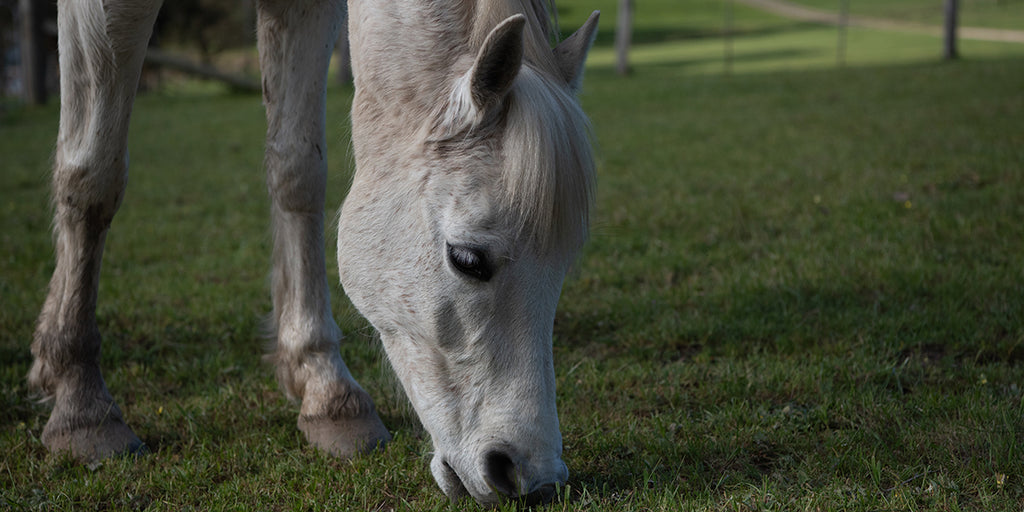
What does success look like - monitoring your horse's weight and condition
When we see our horses every day, it can be hard to spot any subtle changes in their fat coverage. Start to monitor their weight and condition more objectively. Taking photos of your horse can also provide a useful visual comparison over time but be aware that it may take several weeks or even months to see a significant difference from a photo alone.
Weigh take every 2 weeks and fat score at least every month
Dengie has a great guide to help you learn how to weigh tape and fat score.
Dengie produce a range of low-calorie, high fibre feeds:
Healthy Hooves Molasses Free - Vitamins, MSM and biotin are included. Provides 8.5MJ/kg DE, contains no added sugar and just 2.5% naturally occurring sugar and 1.5% starch.
Hi-Fi Lite - Provides 7.5%MJ/kg DE with a light molasses coating, the sugar level of 7% is lower than typical grass hay. Can be used as a low-calorie total or partial hay replacer.
Meadow Lite with Herbs - Lowest calorie feed at just 5MJ/kg DE, contains 3% naturally occurring sugar and starch at 0.5%, includes tasty herbs and postbiotics.
Hi-Fi Molasses Free - Contains no added sugar, just 2.5% naturally occurring sugar and 1.5% starch; includes mint, fenugreek and pellets to tempt fussy eaters.
Dengie has lots of tips to learn more about managing good-doers and those at risk of laminitis.
Browse more Dengie feeds on the Millbry Hill website or contact Dengie Feedline directly on 01621 841188 or complete their feed advice form for a personalised feeding plan for your horse.





